Financial Crises
Should the Federal Reserve Reveal More about Its Stress Test Models?
Greg Feldberg, director of research at the Yale Program on Financial Stability, argues that the Fed already discloses more than any other authority in the world about its stress test models and warns that revealing more could repeat mistakes made in the run-up to the Global Financial Crisis of 2008-09.

How Leverage Turns Market Corrections into Crashes
Leverage-induced fire sales contributed to the worst stock market crashes in history. Prof. Kelly Shue studied account-level data from the Chinese market crash in 2015 to illuminate how much leverage matters.
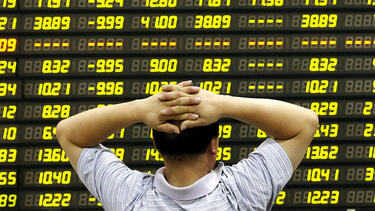
Lessons for the Crisis Fighters
Yale SOM’s Andrew Metrick and the Yale Program on Financial Stability are studying the global financial crisis of 2007-09, working to create the knowledge and tools to prepare the next generation of policymakers who find themselves in the eye of a monetary maelstrom.
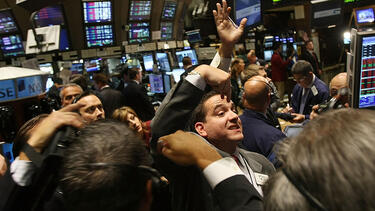
What Will Trigger the Next Financial Crisis?
Experts offer their take on where the next crisis will come from. They’ve seen the risk, and it is us.

Is Our Financial System Still at Risk?
Yale’s Andrew Metrick discusses what we learned from the last financial crisis and areas of concern for the future.

Fighting the Next Global Financial Crisis
Yale SOM’s Robert Shiller warns that the shifts in public psychology that can spark instability are not easily anticipated.
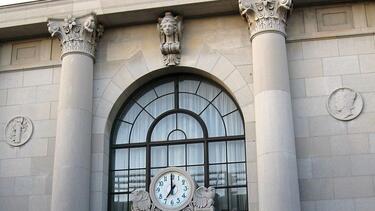
Did Culture Cause the Financial Crisis?
Nobel Laureate Robert J. Shiller says that an event on the magnitude of the 2008-2009 financial crisis has to have many causes, but he sees “the spirit of the times” as a driving force behind many of them. In a lecture at Yale SOM, he described how he sees this spirit acting in everything from Fed policy to the growth in casinos.
What Dangers Lurk for the Financial System?
Paul Tucker was one of the key players at the Bank of England during the financial crisis of 2008-09. He says that the actions of policymakers and regulators since that time have built a more resilient financial system. But he also sees big challenges ahead that will require regulators to be more nimble and flexible than they’ve ever been before.
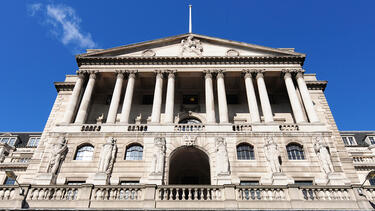
Classroom Insights: Lessons from the First Stock Bubble
Each time it happens, it seems in retrospect like people have lost their minds, and that such widespread madness could never happen again. And then it happens again. Yale SOM professor William Goetzmann looks back at an investing mania from the 18th century to better understand the forces that can create such distortions.
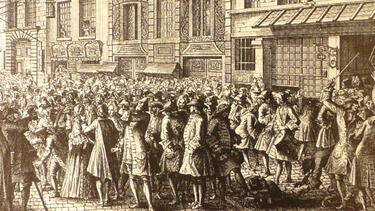
What's the cost of changing accounting models?
With notable prescience, Shyam Sunder, the James L. Frank Professor of Accounting, Economics, and Finance at Yale SOM co-authored an editorial in the Financial Times with Stella Fearnley of Bournemouth University on August 23, 2007, warning of dangers from converging accounting models.